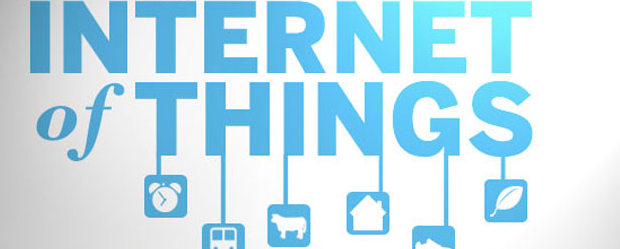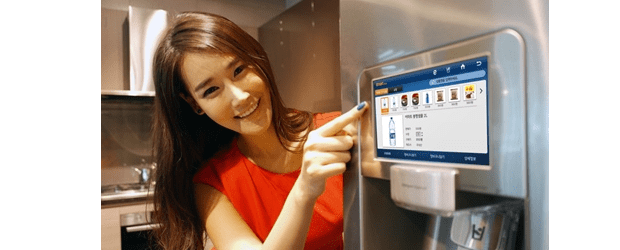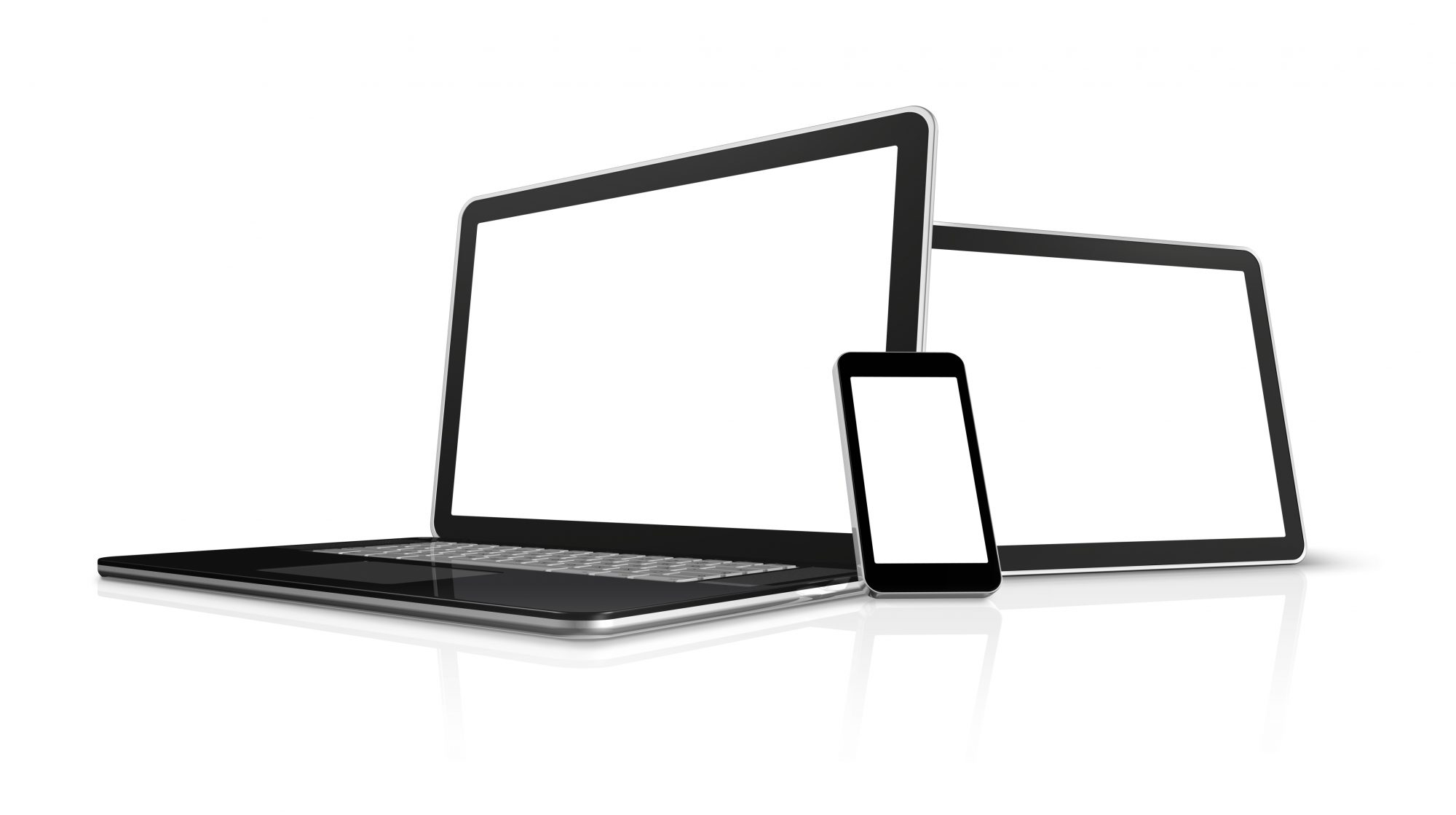At the ongoing Gartner Symposium/ITxpo 2014 event in Orlando, technology research and advisory firm Gartner Inc. predicted what sounded like a near Orwellian view of how current and emerging digital technologies will be shaping business and the world in the next few years.
The headline grabber was the observation from Peter Sondergaard, Gartner’s research director, that his company “predicts that one in three jobs will be converted to software, robots and smart machines by 2015.”
“Knowledge work will be automated,” he said. ”New digital businesses require less labour; machines will be able to make sense of data faster than humans can.”
But before you cry out “robot invasion” Gartner clarified that their predictions have to do more with the shift in relationship between man and machine rather a digital takeover.
“Compute-based machines are now being used to create and ever expanding variety of experiences to extend human endeavours,” said Daryl Plummer, vice-president, and chief of research at Gartner. “Machines are taking on more human characteristics in order to affect a more personalized relationship with human being and we find ourselves contemplating a near-term future of a world in which machines and humans are co-workers and possibly even co-dependents.”
Apart from the prospect sharing the office water cooler with drones and robots, IT managers and CIOs will be facing some disruptive changes in how organizations conduct their business.
Here are 10 predictions that IT organizations and users should watch out for:
Drop in business process workers – Social media and mobile technologies will increasingly drive consumer behaviour. These trends will significantly alter how people live, for example, networked appliances like connected refrigerators will be ordering groceries and drones will be delivering them to our homes
By 2018, Gartner predicts that digital business will require 50 per cent less business process workers and 500 per cent more key digital business job as the need for workers with higher competencies grow.
The rise of algorithm-based businesses – Businesses such as ridesharing firm Uber which is disrupting the limousine and taxi industry and Airbnb, the online rent out lodging site, will continue to transform the marketplace in various industries. By 2015, most highly valued initial public offerings will involve companies that combine digital markets with physical logistics.
Smart machines reporting for duty – Consumers will continue to demand, faster, cheaper and better products and services. And companies will increasingly rely on technology to meet this need. Gartner foresees a shift from a labour-drive and technology-enabled environment to a digital-driven and human-enabled model.
Take heart “smart machines will not replace humans as people still need to steer the ship and are critical to implementing digital outcomes,” according to Gartner. By 2015, there will be more than 40 vendors with commercially managed service offerings using smart machines and industrialized services. By 2018, the total cost of ownership for business operation will be cut by 30 per cent due to smart machines.
We’ll live longer thanks to our smart watches – Wearable technologies that monitor our health will improve in accuracy, comfort and design. Gartner predicts that by 2017 cost of diabetic care will be cut by 10 per cent through the use of smart phones. By 2020 widespread use of wireless health monitors would have increased our life expectancy by 0.5 years.
Mobile shop till you drop – Mobile assistant purchasing will reach $2 billion by 2016. Gartner predicts mobile technology will push online shopping to the autonomous systems can be set to conduct fixed-event such as replenishing groceries and or do the back-to-school shopping.
Warning, by 2015, digital assistants will be doing tasks like filling out names, addresses and credit card information, Gartner predicts.
For more on Gartner’s top 10 predictions, click here







